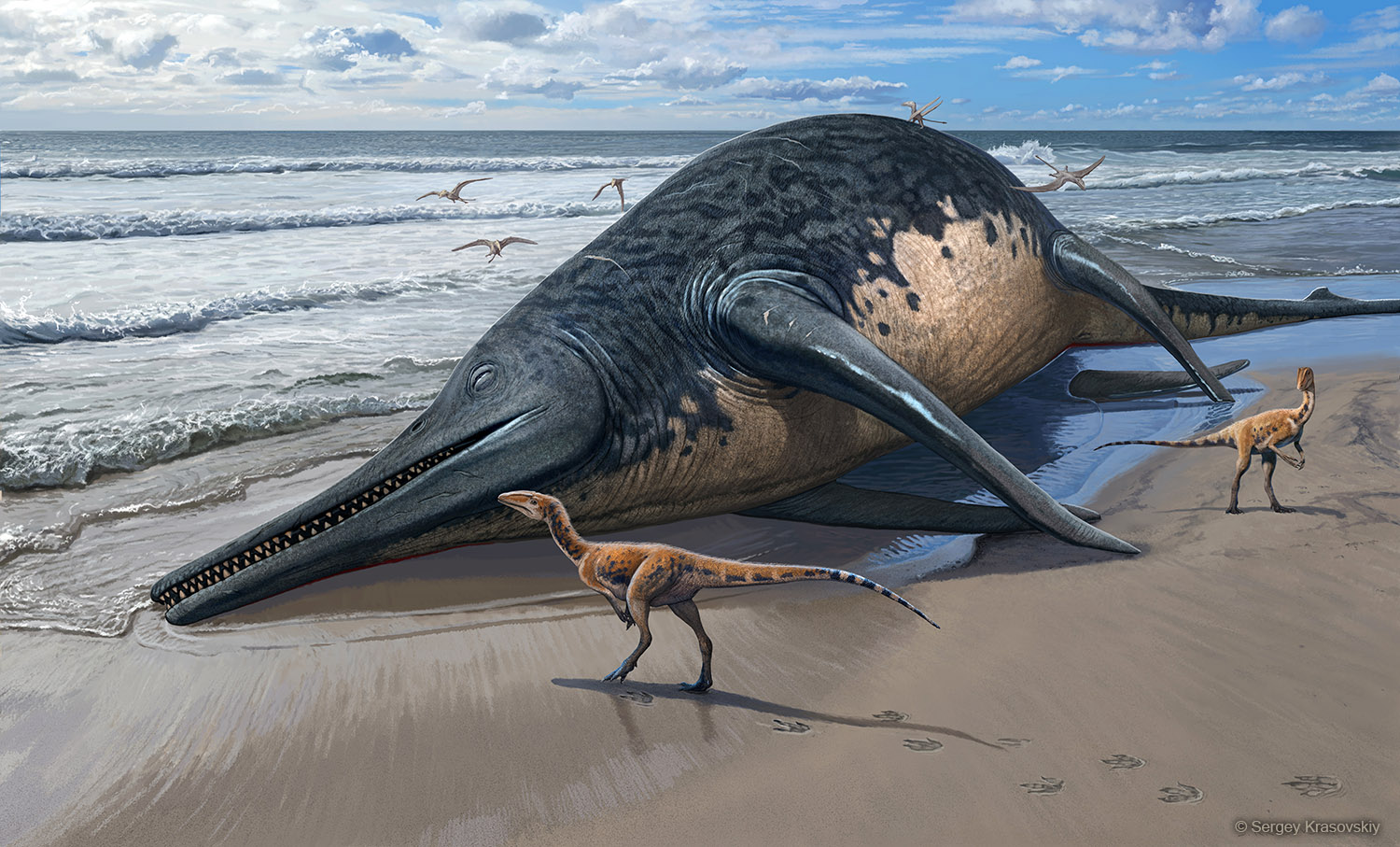-
A step closer to understanding hydrogen’s greatest challenge
Nature Communications
Why hydrogen causes steels to become brittle and crack is the great conundrum of engineers and researchers looking to develop large-scale transport and storage solutions for the hydrogen age – an era Australia hopes to lead by 2030. Solving Read more about A step closer to understanding hydrogen’s greatest challenge
Australia; NSWThe University of Sydney|The University of New South Wales -
CSIRO helps Heritage NSW solve 120-year maritime mystery of the SS Nemesis
An investigation by CSIRO, conducted for Heritage NSW, has helped identify the wreck of a steamship that disappeared off Australia’s east coast in 1904. A CSIRO team aboard research vessel (RV) Investigator has helped Heritage NSW solve a 120-year Read more about CSIRO helps Heritage NSW solve 120-year maritime mystery of the SS Nemesis
Australia; NSWCSIRO|NSW Government -
Drug shows promise for treating multiple food allergies
New England Journal of Medicine
A drug called omalizumab is safe and an effective treatment for multiple food allergies, according to clinical trials of the treatment in 462 people aged between one and 55, including 180 who took part in a 'gold standard' randomised controlled Read more about Drug shows promise for treating multiple food allergies
InternationalJohns Hopkins University School of Medicine, USA -
What do Australia's scientists think of the Universities Accord final report?
The Australian Academy of Science welcomes the Australian Universities Accord Final Report released today. Academy President Professor Chennupati Jagadish said the report warns that unless the nation continues to produce more knowledge, skills, Read more about What do Australia's scientists think of the Universities Accord final report?
AustraliaAustralian Academy of Science -
Aussies are using social media to normalise some of our problematic drinking behaviours
PLOS ONE
Young fathers are some of the most common types of Aussies who are talking about their alcohol on social media, according to Australian research. The team used data from a social media analytics platform to analyse how much Aussies talk about Read more about Aussies are using social media to normalise some of our problematic drinking behaviours
Australia; VICLa Trobe University -
Legalised weed linked to more workplace injuries among younger people
JAMA Health Forum
US researchers say there's an uptick in workplace injuries for younger people in states with legalised recreational marijuana. Since 2012, 24 states and Washington, DC have legalised possession and sales of small quantities of the drug, so the Read more about Legalised weed linked to more workplace injuries among younger people
InternationalSan Diego State University, USA -
Australian experiment on-board Swedish rocket launch
A new type of electromagnetic shield designed and manufactured at RMIT will be launched into space in the three-day launch window opening on 25 February, Central European Time. A new type of electromagnetic shield designed and manufactured at RMIT Read more about Australian experiment on-board Swedish rocket launch
Australia; International; VICRMIT University -
'Cruel wellbeing’ approach adds to teachers’ stress
British Journal of Sociology of Education
New Curtin research has found the challenges and problems faced by overworked teachers are being compounded by expectations placed on them to manage their own wellbeing, while the impact of working conditions and broader policies on teacher welfare Read more about 'Cruel wellbeing’ approach adds to teachers’ stress
Australia; WACurtin University -
Wake-up call for us all to establish regular healthy sleeping patterns
Sleep Health
It’s official. Getting the recommended 7-9 hours of sleep a night is currently out of reach for almost one-third of the population as Flinders University experts found 31% of adults had average sleep durations outside the recommended range. The Read more about Wake-up call for us all to establish regular healthy sleeping patterns
Australia; International; NSW; SAFlinders University|The University of New South Wales -
Is ChatGPT a better person than you?
PNAS
US scientists say ChatGPT-4 has aced their Turing test, proving itself indistinguishable from a real human, even when statistical methods were used to try and detect it. In fact, ChatGPT-4 displayed more humanity than some of the humans it was Read more about Is ChatGPT a better person than you?
InternationalUniversity of Michigan, USA, Stanford University, USA










































